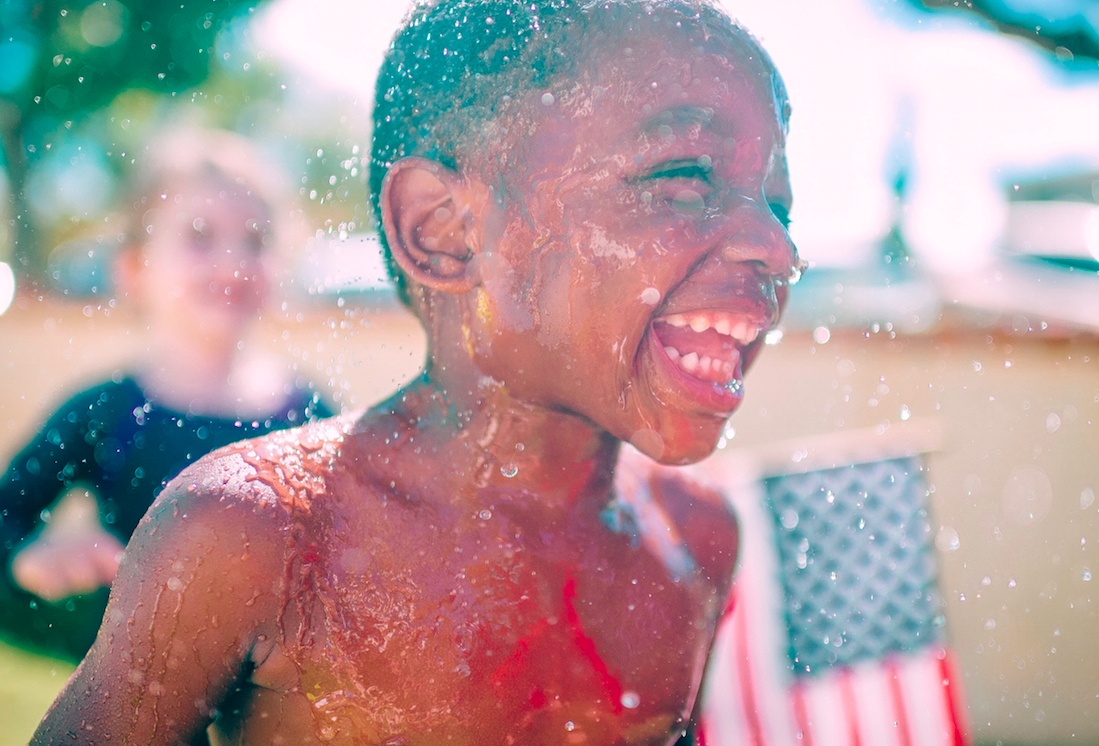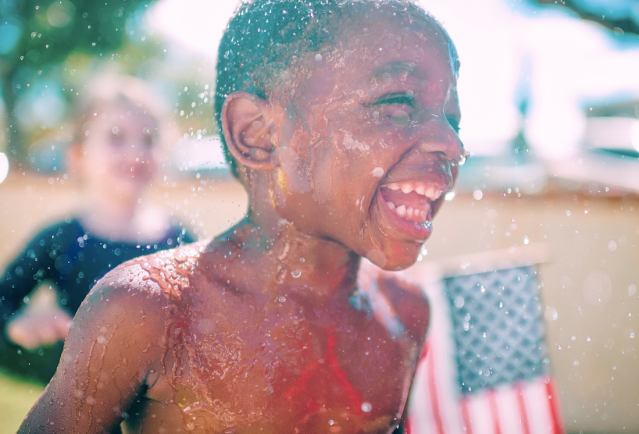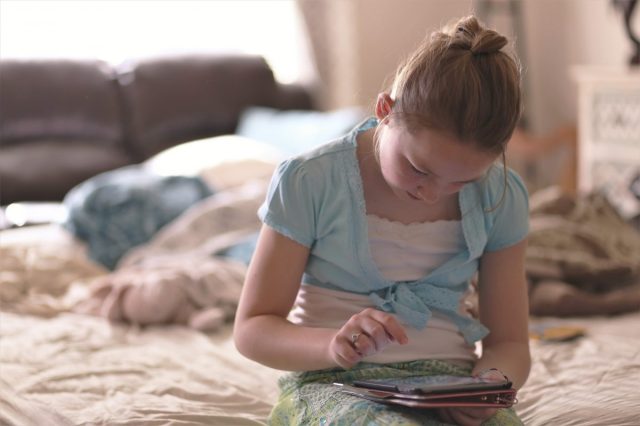
Missing out on summer camp is a tough blow for kids. It’s the place where they meet new friends, get some exercise, and make memories. If they are missing an annual two-week overnight camp, or whatever it may be, it is something they have probably looked forward to all year. And for you, two weeks off from parenting would give you a nice break. Sure, you’d miss them, but think of all the quiet evenings and chances to declutter the house.
Since camp is not on the table for most locations, how can you keep your kids entertained and help them build memories? And since more screen time is unavoidable during the summer, how will you keep them safe when they are using their devices? Here are 3 tips for managing a summer without camp:
1. Enroll them in Neighborhood and Virtual Camps: With most camps closed for the summer, some parents will instead turn to their neighbors for help. If you have a small set of neighbors with kids close in age, then consider organizing some low-risk activities while rotating houses. This could include water balloon toss games, a slip-and-slide, or distanced games at a neighborhood park. Part of the camp curriculum could also involve virtual chats through a secure communication platform with the other “camp” participants. Take turns with the other parents to act as “counselors” to provide each other with some time to work/relax while also giving the kids some distanced social interaction.
You can also work in some virtual camps along with neighborhood activities. Here are a few options:
- iD Tech offers coding camps for various programming languages as well as games like Minecraft and Roblox
- Specifically designed for younger kids, Treasure Trunk Theatre offers online sessions where kids can work together virtually to put on plays
- Kids can learn about various STEM topics with Camp Wonderopolis, with topics ranging from “Why are bowling shoes so slippery” to “How does a species become endangered”
- Various sports-focused camps provide instruction and encouragement for kids to hone their skills
2. Go Online Safely: Boredom leads to poor decisions and over-sharing. That’s a tough mix when it comes to going online or posting to social media. During the COVID-19 summer, it’s understandable kids will have more screen time. Help keep them safe by openly discussing some of the dangers of online interactions and searches. Here are some tips to avoid potential problems.
- Remind kids to keep their personal information off the internet. When possible, hold off on approving social media accounts as long as you can.
- Use an app such as Kidlogger to capture your child’s device keystrokes to make sure their texts to friends (or strangers) are appropriate. Again, boredom is the enemy.
- Encourage your kids to talk to their core friends through video chat or socially distanced backyard chats. Discuss how to create password-protected meetings and to let you know if strangers try to join conversations.
You can greatly improve the safety of your kids’ summer online activity by using a family-friendly search engine and secure communication platform called GOFBA. This search platform eliminates violent, sexual, and other inappropriate content from search results and actively scans sites for fraudulent coding that tries to trick people to click certain websites. GOFBA’s technology also extends to the company’s file transfer, chat, email, and storage capabilities, which provide you and your kids with a single platform to perform a wide range of online functions.
3. Learn without “Learning”: You and the kids already missed out on several months of in-person school, and now summer camps are also done. You’ll likely have a mutiny on your hands if you impose a school curriculum during July and August, so instead, think about sneaking in some learning. This could include online resources that push kids to learn while also keeping them entertained, as well as some “old-school” games.
Here are some options to keep their brains working without them knowing:
- Kids work together online to complete various activities, such as one of the fun exercises from the Kennedy Space Center. They can do the tasks while video chatting.
- Encourage different types of learning. Give kids a bunch of random household items and let them build obstacle courses. If they do this with a friend (with masks) they’ll learn cooperation and problem-solving.
Teach kids how to play poker or other card games. Bet some pennies or nickels to make it interesting. The kids will learn probability, how to manage funds, and how to assess risks.
Shelter in place orders doesn’t have to ruin your kids’ summer. While they’ll miss big gatherings with friends and summer camps, you can use some imagination and technology to help them (and you) stay sane and make it through the summer while having a little fun.














